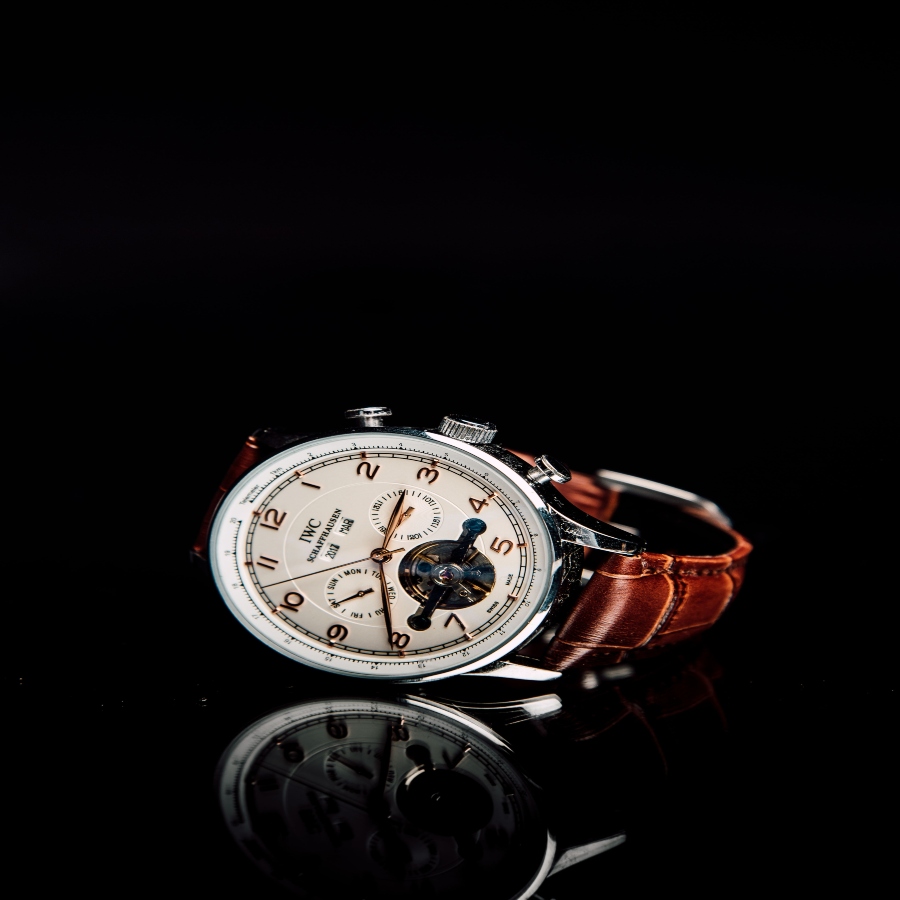I once held two men at gunpoint. This was on a Sunday, after my wife had returned from mass while I repaired our radio. If I held the copper coils just so, a signal would form out of the static, sometimes a speech by the new president, sometimes an opera. I’d managed to tune into the opening strains of Puccini’s Tosca when the men burst through our door. This wasn’t a shock. Everyone was getting robbed those days, and the police were useless. Even so, I told my wife she should call them. The intruders were very helpful and offered to call for us, offered to get the head of police on the line. ―Don’t you understand who we are, they said.
This was after they’d sized up our sitting room and sat heavily on our sofa, on either side of the flower-shaped stain blooming on the middle cushion. They patted the seat for my wife to join them, but she sat in the hard-backed chair in the corner and kept her eyes lowered. I stood, pointing the gun at each of them in turn. It was a replica, but heavy, and my arms were beginning to tire.
―What kind of gun is that, asked the shorter of the two men. He smiled and flashed a gold tooth.
―I don’t know. It’s my brother’s.
This much was true. My brother had gotten it off a film set. Americans used to make movies in our city, and my brother would show off props and autographs he’d gotten. He got us the chair my wife sat on, an uncomfortable thing, but George Clooney had sat in it. He never told me which star used the replica, but I like to think it was Robert De Niro.
―You don’t know? You never handled it before?
―I’m handling it now, I said and I thought I sounded tough. I thought, my wife must think I’m tough, that I’m just like De Niro. My arms trembled, but only slightly.
The man nodded and glanced at his watch, an expensive looking thing. I’m sure it was fake. Everyone wore fake watches those days. I did too, until it was stolen, and now I wondered how much time had passed. Tosca was nearing its last act; soon Cavaradossi would face his executioners.
I asked the men if they wanted water. The short man wanted coffee; the taller, green tea with a wedge of lemon. By the time the police arrived, my wife had refilled their cups three times and Cavaradossi lay dying. My arms now shook badly from the weight of the replica, and it’s from that as much as the explosion that made me drop the weapon. The police were dressed like you see in the movies, with face shields and large rifles, and as my nose was getting broken, I thought it was a shame my brother wasn’t there. He loved cop films. He’d seen them all. He could have told me what kind of explosives blew down my door and whether it was zip-ties or handcuffs they bound me with. I wanted to ask so I could tell my brother later, but a sack was placed over my head, and I could hear nothing beyond a shrill ringing.
My ears still rang at the trial, but not so bad I couldn’t hear the charges: unlawful possession of a firearm, unlawful detainment, false reporting of a crime, kidnapping, assault, aggravated assault, assault with attempt to kill, murder, loitering, perjury, discharging a weapon.
―But it was a replica! I cried.
―And contempt of court, the clerk concluded. He said the evidence was incontrovertible. He said there were witnesses.
My brother testified first. He raised his hand and swore that I’d stolen the gun, that I’d stolen from the Americans for years, that it was due to thieves like me that Americans no longer made movies in our city, and wasn’t that why we were so poor? But he whistled his words as if he had no teeth, and even though my eyes were mostly swollen shut, I knew he could not possibly be my brother, that he must be some actor, maybe one of his stuntman friends who were always wearing fake mustaches and dying their hair.
Next, my mother took the stand, leveling her finger at me and saying I was a worthless child, I wet the bed, I never called, I was always skipping mass, and I still hadn’t given her grandbabies. Her finger jabbed the air with each accusation, and I wept at the truth of it all. A uniformed man helped her down from the stand. It was either the tall one or the short one, it was hard to tell. ―Mama, forgive me, I whispered as he escorted her past the dock. ―Haven’t you done enough! he hissed, and I thought I saw a glint of gold in his mouth.
When my wife testified, she spoke in low, tremulous tones. She held up her hand and swore all the charges were true, swore the men had not forced their way through our door, swore they hadn’t torn her dress or taken turns pressing her into the sofa, swore it was lucky the police came when they did, that I was unhinged, that I, I—and here, she brushed her hair from her bruised face as the prosecutor patted her hand, saying go on, go on.
―It was all confusing, she finished, and the judge, in his warm baritone, said she had done well, that she could step down now, and above and around us, the audience burst into applause. Some whistled. Some threw roses. There were shouts of bravo! and encore! above the swell of the orchestra and its deep, rolling timpani. Then the judge sang out his verdict, and I blew my wife a kiss and waited for her to sing the final aria.

